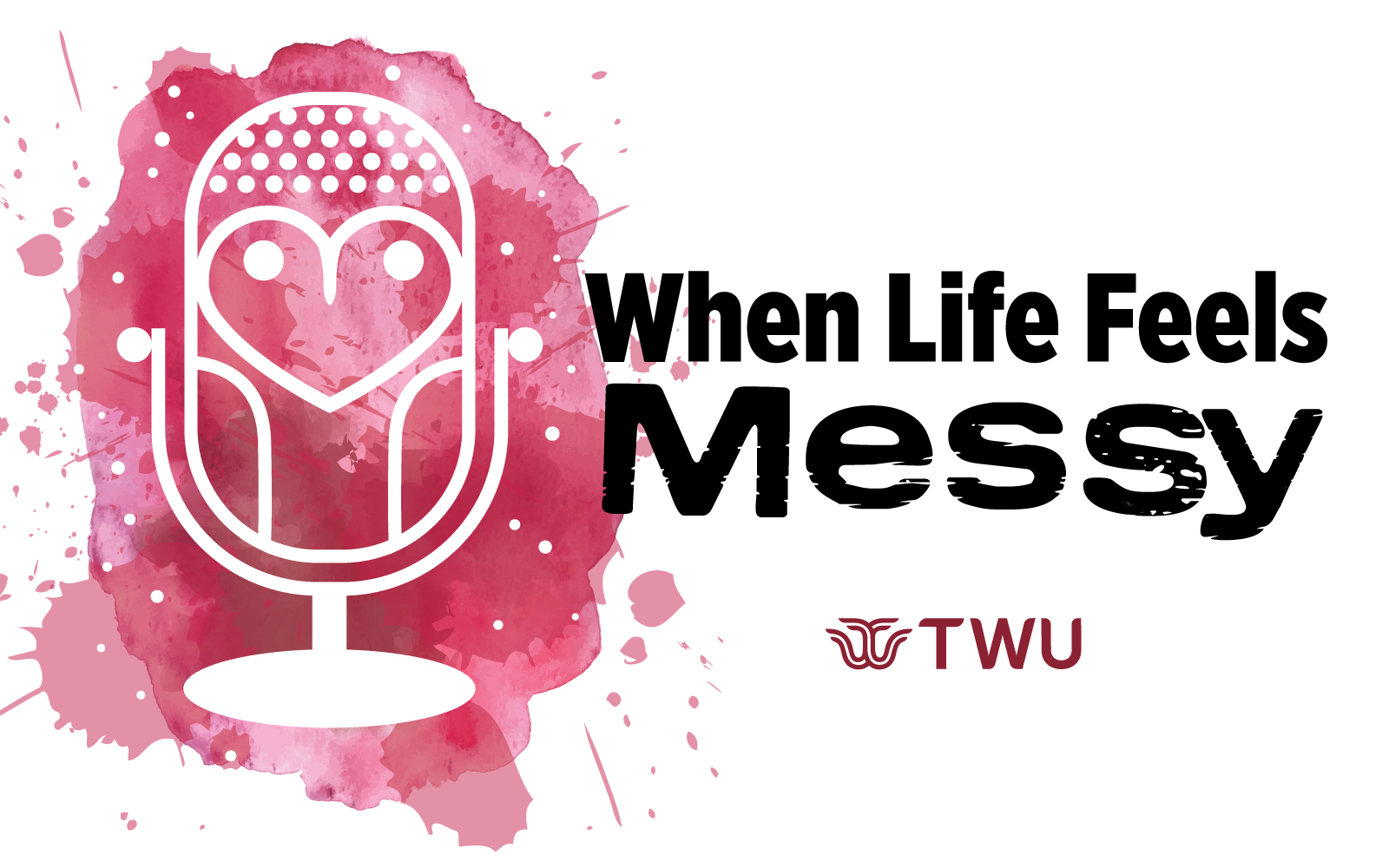Resources for Suicide Prevention
- https://988lifeline.org/?utm_source=google&utm_medium=web&utm_campaign=onebox
- https://www.samhsa.gov/newsroom/suicide-prevention-month
- https://988lifeline.org/how-we-can-all-prevent-suicide/
- https://www.nami.org/Get-Involved/Awareness-Events/Suicide-Prevention-Month
- https://www.dhs.gov/employee-resources/news/2023/09/06/september-suicide-prevention-and-awareness-month
- https://www.nimh.nih.gov/get-involved/digital-toolkit-for-suicide-prevention-month
Resources for Loss Survivors of Suicide
- https://sprc.org/tools/resources-survivors-suicide-loss/
- https://afsp.org/taking-care-of-yourself/
- https://988lifeline.org/help-yourself/loss-survivors/
- https://afsp.org/ive-lost-someone/
- https://allianceofhope.org/
- https://health.maryland.gov/bha/suicideprevention/Documents/What%20Survivors%20of%20Suicide%20Want%20You%20to%20Know.pdf
- https://loss.helplinecenter.org/suicide-loss-and-grief/
- https://dr-kari.com/my-approach/common-humanity#:~:text=This%20idea%20of%20common%20humanity,often%20been%20conditioned%20to%20do).
We want to take the opportunity to highlight the awareness that September brings as National Suicide Prevention Month. There is no preparation for the loss of a loved one, especially when they take their own life. Conversations about suicide are often uncomfortable, avoided, or awkward. However, in the spirit of building community and spreading awareness, the WLFM team wants to be a space where we can continue non-judgmental conversations about suicide and loss survivors. Understanding, spreading awareness, and talking about this topic is something we encourage individuals from all walks of life to engage in, as suicide often crumbles our common humanity. Yet, knowing this could be the start of taking action into how our shared experience of living can ignite the healing power within our common humanity.
- Need to Understand:
- Many times, suicide survivors of loss are left with unanswered questions, which causes them to feel the need to make sense of the death and understand why this happened
- Responsibility:
- Taking on ownership or responsibility for the death
- Guilt:
- Feeling that you "should have done more" or could have prevented the death
- Rejection/Perceived Abandonment:
- Feeling the deceased chose to give up or leave them behind; left questioning why their relationship with the deceased person wasn't enough to keep them alive
- Anger:
- This can be towards the deceased person, yourself, other family members/friends, God/Higher Being, or the world in general
As you may have noticed, we have listed resources at the opening of this blog so that they are readily available for you and to share with others. These resources hold crucial information about suicide prevention, warning signs, and individual and community based help. The focus of this month’s blog is to not only shed light on suicide awareness and loss survivors of suicide, but also to provide resources tools related to grieving and continue living through such a devastating loss. If you or someone you know has experienced this type of loss, or is struggling with suicidal thoughts, please share these resources with them or call 988: the National Suicide and Crisis Lifeline. If you are a TWU student, feel free to reach out to CAPS.
We hope these resources provide more information and awareness about suicide and loss survivors, and empower you to continue acknowledging we are all humans, and are capable of helping each in so many ways.


Comments
Post a Comment